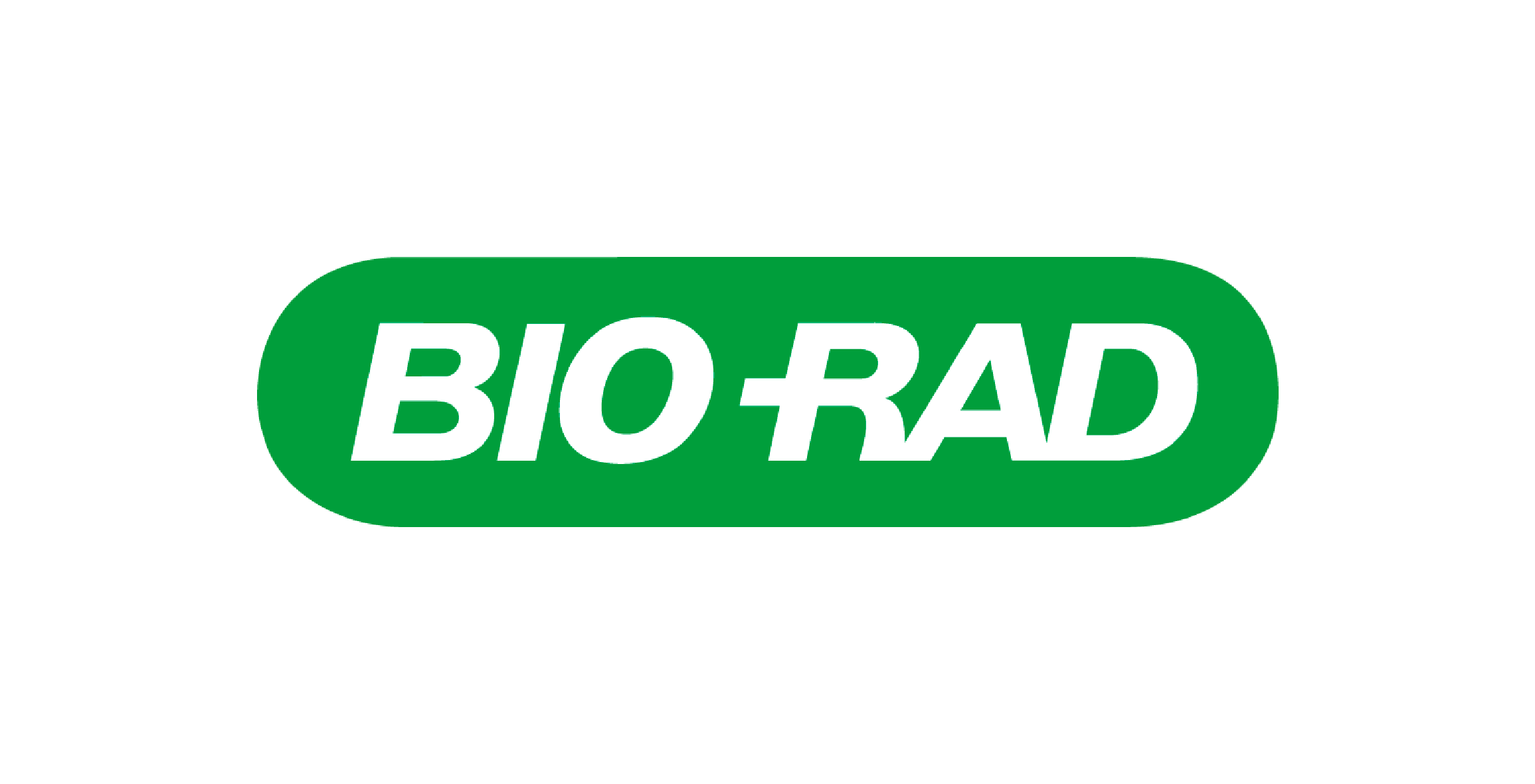Preventing Money Laundering
We look for red flags that may signal money-laundering activities when we are conducting transactions with our customers and business partners.
We conduct our business only with customers and business partners who engage in legitimate business activity. We operate our business with integrity, and we expect all of our customers and business partners to act the same. We must take care and watch for signs that a customer or business partner is engaged in money-laundering activity.
- Providing vague or fictitious information
- Asking for an unusual transaction that has no business purpose
- Requesting oddly structured transactions or changes in transaction pattern or payment instructions
- Changing the terms of the agreement or payment at the last minute
Many countries, including the United States, prohibit conduct that might conceal or attempt to conceal the proceeds from criminal activities. We comply with all applicable laws and regulations where we do business.


Expectations
- We must report any odd transactions or suspicious requests from our customers or business partners.
- We perform our due diligence and make sure we know the customers and partners with whom we conduct business.
- If we observe suspicious activity, we must contact the Corporate Treasury Department or our Bio-Rad Integrity Helpline.
Key Terms
The act of concealing the source of proceeds from criminal conduct in order to make the proceeds appear legitimate.
All documents, instruments, papers, records, files and data associated with the conduct of the business.
In a business transaction, there are several “red flags” that might indicate the other party is engaged in money laundering; these can include:
- The other party provides unverifiable or vague information about their business.
- The other party seems to be shielding the source of any funds or the identity of any owners.
- The other party seems to be in a hurry to complete the transaction.
- The other party doesn’t ask normal questions about the product or service, or seems uninterested in the product or service.
- The transaction is especially large, and the other party has not engaged in any transactions before.
- The other party changes payment or banking information suddenly.
